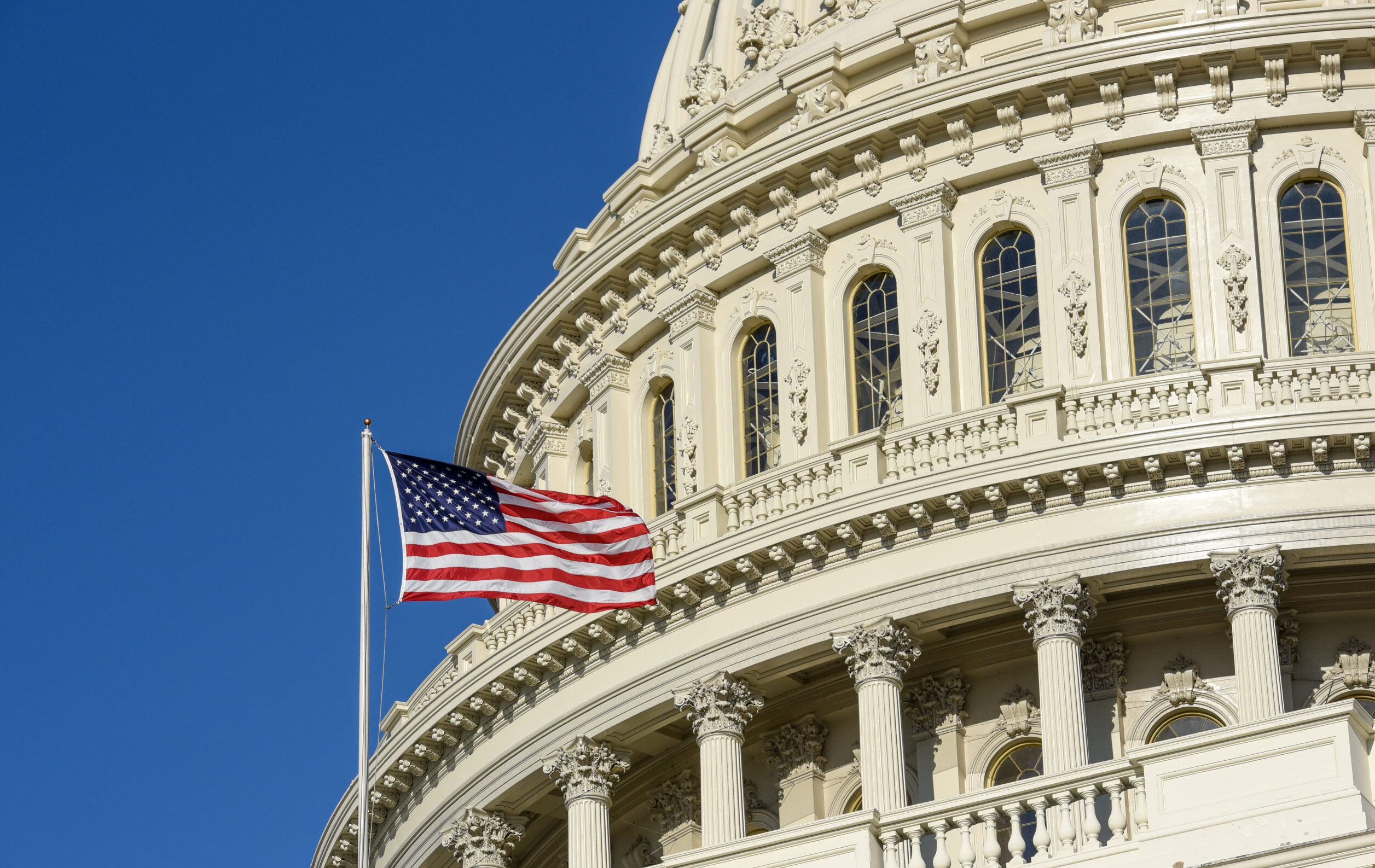‘Waivable Loans’ for Ukraine Are Just Grants
If the GOP does an end-run around its own members, there should be consequences.

Americans seem to have, for the most part, signed a pact to forget about the Covid-19 era. A prominent exception: the hardworking prosecutors at the Department of Justice, who are still busily hunting down the enterprising citizens who were perhaps not entirely honest in their applications for economic relief, particularly Paycheck Protection Program cash. The Small Business Administration thinks it got ripped off to the tune of $200 billion, which is a number that still moves the needle in Washington, D.C.
This is not much of a surprise; having gotten some PPP money myself amid the apparent death-throes of a startup I was working at in 2020, I can say first-hand that the oversight was not rigorous. My memory of the application for forgiveness is that the form more or less asked you politely whether you were ripping off the SBA; when you said no, you received an almost instantaneous congratulatory message about your loan being forgiven.
So we might be excused for some skepticism about the latest idea for sending American resources to Ukraine: “waivable loans.” As part of the ongoing effort to relive the last war we felt really good about, pro-Ukraine Republicans are floating the idea of giving Kiev aid on a zero-interest “loan” basis, with the lending instruments written such that someone (presumably Congress, perhaps the president) can squelch the loans at a future date. This idea was floated in a speech given in South Carolina by, surprisingly, Donald Trump. (That classic Trump foreign policy technique, agreeing with the last person he spoke to, seems to be fully operational.)
It’s called a loan. Give them the money, and if they can pay it back, they pay it back. If they can’t pay it back, they don’t have to pay it back because they’ve got some problems. But if they go to another nation, they drop us like a dog, like a female drops a male after a date because he doesn’t like her. If that happens to our country, then very simply we call the loan. And we say, ‘We want our money.’ Because we give money, and then they go to another side. As an example, let’s say we give all this money. We’re already into Ukraine for over $200 billion. And they could make a deal with Russia in the next three weeks, and all of a sudden they don’t want to deal with us anymore. We’ve given hundreds of billions of dollars. And why are we at over $200 billion and the European nations are, if you add them up, it’s a very similar-sized economy, they’re at $25 billion.
Sen. Lindsay Graham, an implacable warhawk, took up this recommendation and ran with it (although without any mention of Trump’s inventive, if not clearly practicable, desire to use debt as leverage). In his upbeat post boosting the idea on Twitter, he speculated, “Once Ukraine gets back on its feet, they will be an economic powerhouse because of their access to mass deposits of critical minerals, oil and gas.” (Of course, if that were the case, you have to wonder why the place was such an economic backwater before the war.)
Per multiple outlets, much of the congressional GOP thinks that this is the way out of the impasse over Ukraine aid. POLITICO reports that the specific idea being floated is that the portion of Biden’s $60 billion that is going to the American defense industry to arm Ukraine will be a grant—the GOP has few qualms about corporate welfare for the military–industrial complex—and the $12 billion in cash aid will be a loan. This will allow the Republicans, who have been suffering their first serious attack of fiscal responsibility since the Gingrich era, to eat their guilt and face constituents who are growing skeptical of the gravy-train routine.
Subscribe Today
Get daily emails in your inbox
In other words, they’re banking on the American people being utterly stupid and letting them off the hook. For the first time in my life, I am compelled to agree with Illinois’s Sen. Dick Durbin, who commented, sneeringly but entirely fairly, “I also would like some waivable loans.” Is there any doubt that this is just grant aid under another name? If the president is the relevant waiving authority, it’ll get written off by Biden. If Congress is the relevant waiving authority, it’ll get written off by the Democrats and GOP warhawks. Functionally, this is a way to slip through a grant despite the ongoing legislative impossibility of a grant.
In a representative democracy, you win some and you lose some. The whole business here is that our legislature argues it out and makes law based on debate and horse-dealing. I, personally, think sending more free money to Ukraine is a pretty dubious affair. I realize there is a risk that this may not be a majority position in the legislature, and I will lump it if my position loses. That’s how these things work. What I resent is another end-run around actually doing the business of the legislature, the debating and horse-dealing part, and instead passing the thing through on what is patently a fig-leaf pretense.
If Republican leadership allows this to go through, there should be consequences—ultimately from the voters, but also from any legislators who have something approaching a principle. The House motion to vacate rule is still there. Why not give it a spin again, for old times’ sake?
Comments